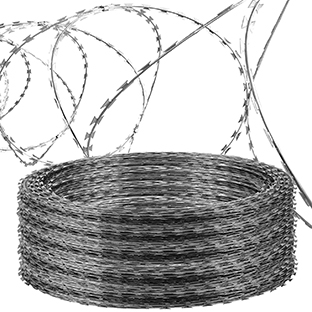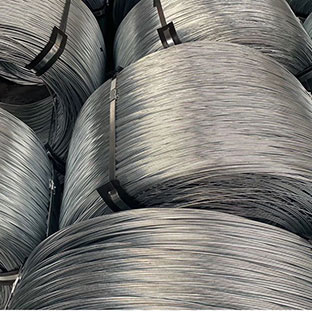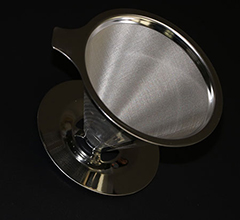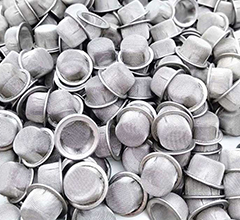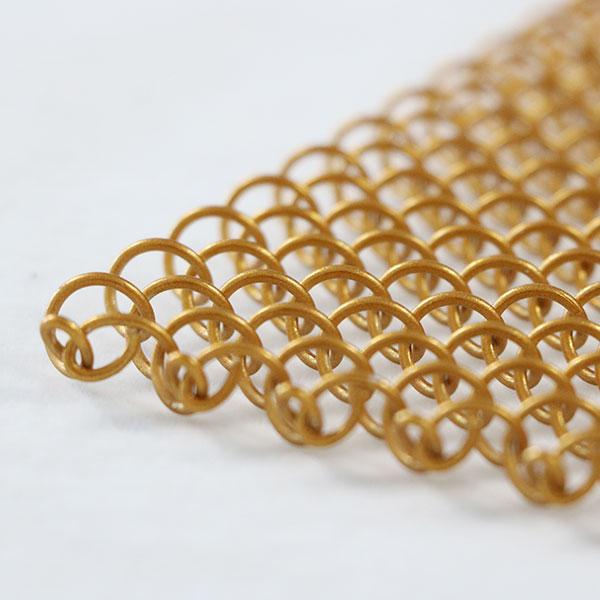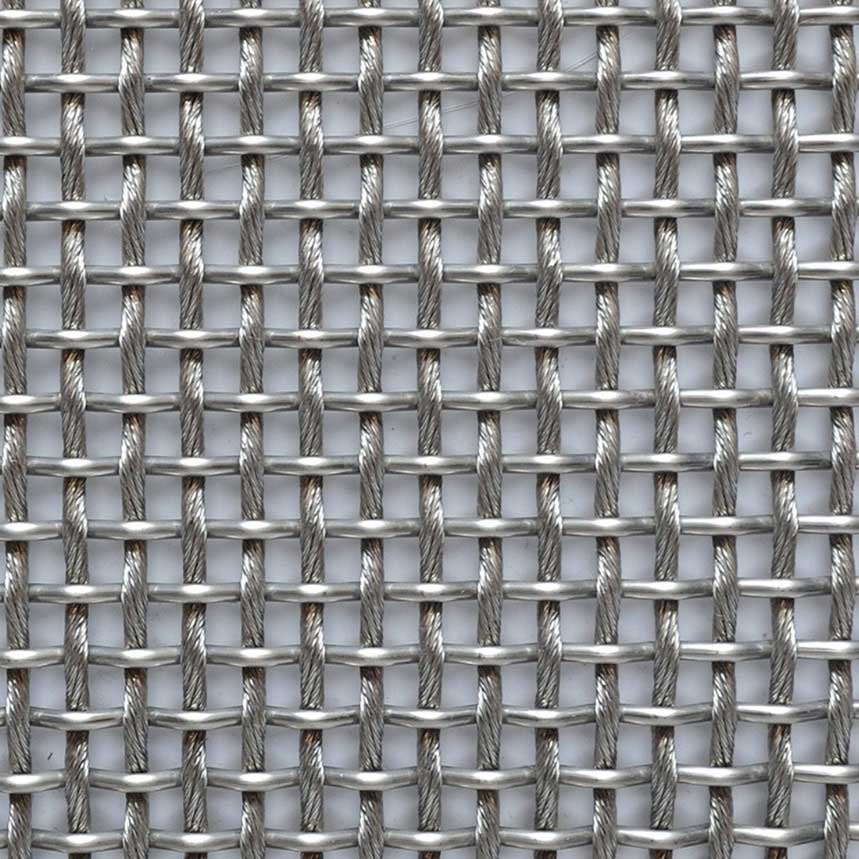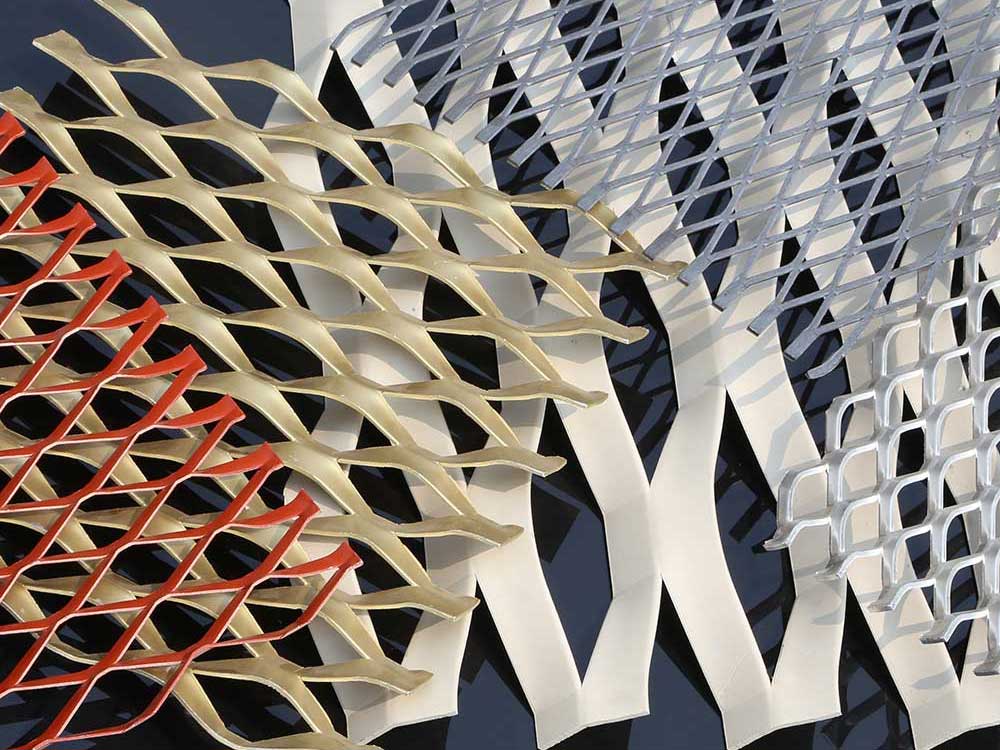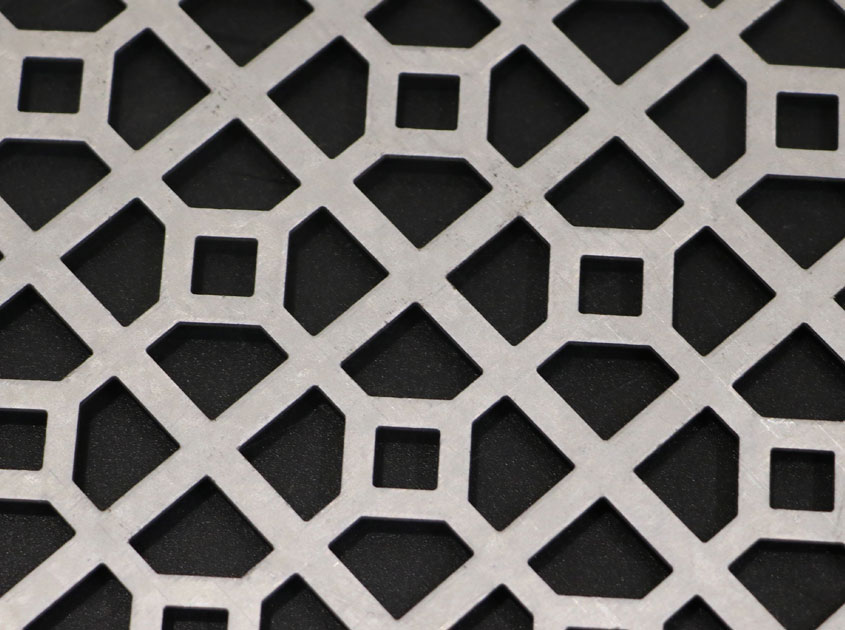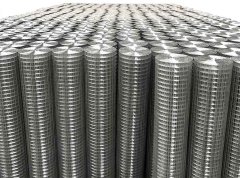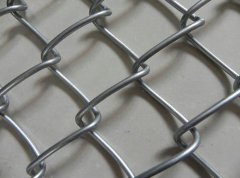Stainless steel wire mesh has gained recognition as an effective filtration medium in various industries. In this article, we will explore the capabilities of stainless steel wire mesh in filtering out fine particles in water treatment systems, highlighting its efficiency and reliability.

Filtration Mechanism:
Stainless steel wire mesh utilizes a mechanical filtration mechanism to remove particles from water. The mesh consists of interwoven wires with precise openings, forming a barrier that allows water to pass through while capturing suspended particles. The size of the mesh openings determines the filtration efficiency, as smaller openings can capture finer particles.

Fine Particle Removal:
Stainless steel wire mesh excels in filtering out fine particles in water treatment systems. With its precise mesh openings, it effectively captures particles such as sand, sediment, rust, and other suspended solids. The wire mesh can be specified with varying mesh sizes, allowing for customization based on the desired level of filtration. Finer mesh sizes, such as 50 to 200 microns, are particularly effective in removing small particles.

Durability and Longevity:
Stainless steel wire mesh is known for its durability and longevity, making it suitable for demanding water treatment applications. The corrosion-resistant properties of stainless steel ensure that the wire mesh remains unaffected by the water's chemical composition and operating conditions. This resilience extends the lifespan of the wire mesh, ensuring consistent filtration performance over time.


.jpg)




.png)






































